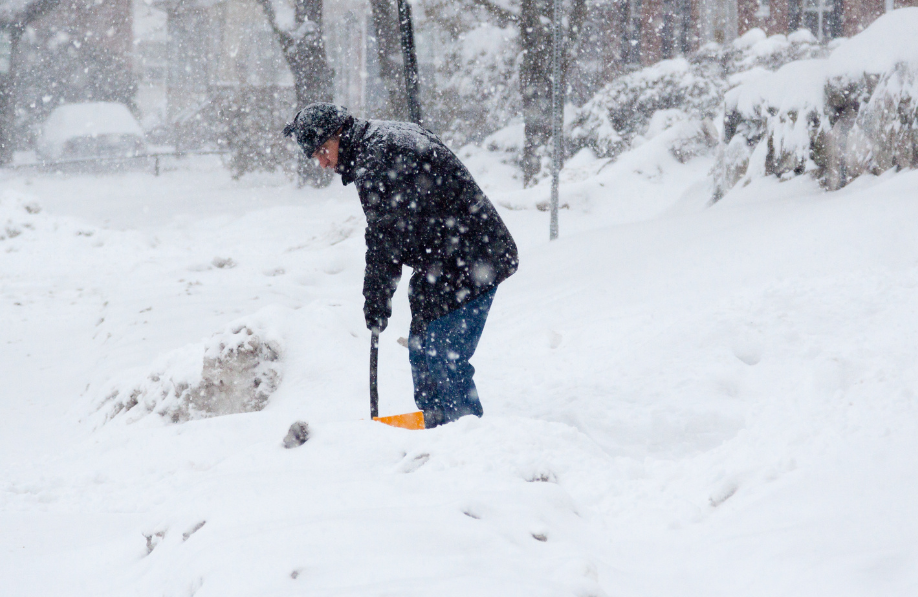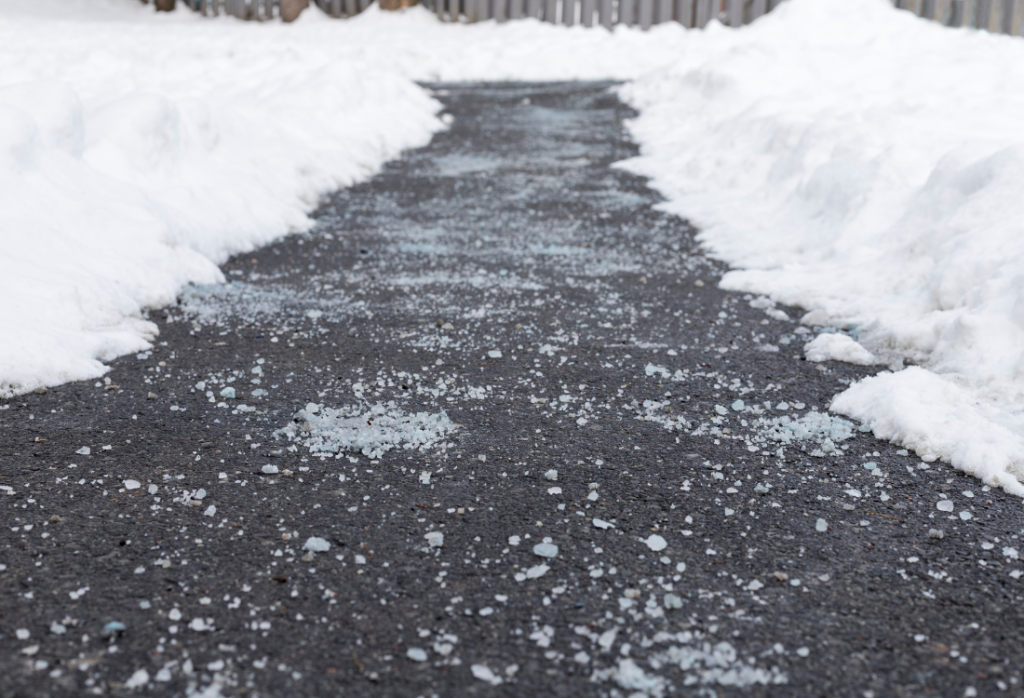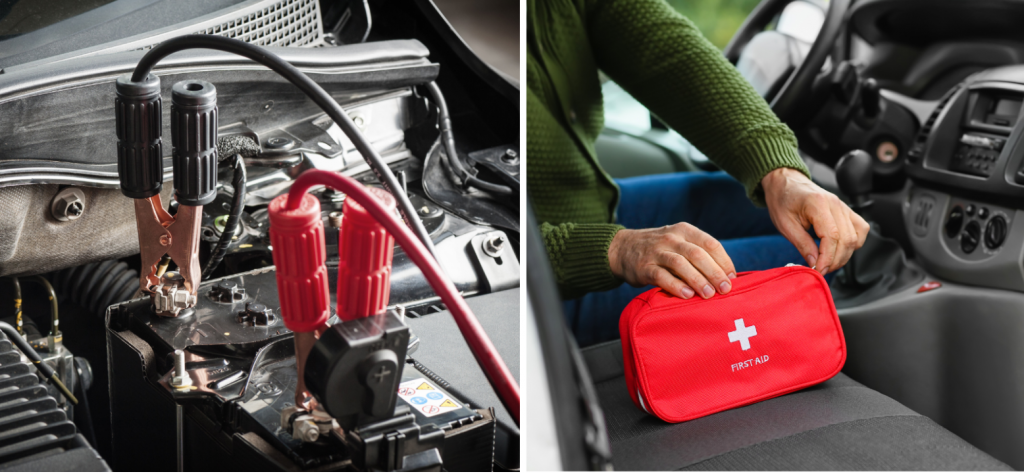Winter Weather Preparedness | Delaware Emergency Management Agency
Winter Weather Preparedness | Delaware Emergency Management Agency
SMYRNA, Del. – Winter storms can occur anytime and anywhere, sometimes with fatal consequences. Heavy snow, high winds, freezing rain, and extreme cold can knock out heat and power to homes and offices and cause hazardous driving conditions. Preparing now can help to greatly reduce any potential impacts from severe weather.
The Delaware Emergency Management Agency (DEMA) is urging everyone to take action: make a plan, build and stock home and car emergency kits with winter weather items, and stay informed on the latest conditions. Be sure to visit PrepareDE.org for additional resources.
KEY MESSAGES
- Winter storms can be deadly, with many fatalities indirectly or directly linked to them: exposure to cold, traffic accidents on icy roads, cardiac events from shoveling snow, or fires from space heaters.
- Winter weather can range from moderate snow over a few hours to a blizzard with blinding, wind-driven snow lasting for several days. Many winter storms are also accompanied by dangerously low temperatures and strong winds, icing, sleet, and freezing rain.
- Being prepared and staying informed can reduce the likelihood of negative consequences of winter weather.
- NOAA’s Winter 2022-2023 Outlook reports the La Niña pattern is in place for a third straight year, with “warmer-than-average temperatures favored in the Southeastern U.S. and along the Atlantic coast.” The 90-day precipitation outlook calls for “equal chances for below-, near-, or above-average seasonal total precipitation.” Snowfall projections are not included, however, because they are “not predictable more than a week in advance.”
 Shoveling snow, especially if it’s heavy and wet, can cause injuries and cardiac events. Don’t overexert yourself and make sure to take your time. Ask someone for help if you need it.
Shoveling snow, especially if it’s heavy and wet, can cause injuries and cardiac events. Don’t overexert yourself and make sure to take your time. Ask someone for help if you need it.
WINTER WEATHER SEVERITY AND TERMS
- Freezing rain: Creates a coating of ice on roads and walkways.
- Sleet: Rain turns to ice pellets before reaching ground. Sleet causes roads to freeze and be slippery.
- Winter Weather Advisory: Cold, ice, and snow are expected.
- Frost or Freeze Warning: Below freezing temperatures are expected.
- Winter Storm Watch: Severe weather such as heavy snow or ice is possible in the next day or two.
- Winter Storm Warning: Severe winter conditions have begun or will begin soon.
- Blizzard Warning: Heavy snow and strong winds will produce a blinding snow, near zero visibility, deep drifts, and life-threatening wind chill.
- Winterizing a home extends fuel supplies by insulating walls and attics, caulking and weather-stripping doors and windows, and installing storm windows or covering windows with plastic. Clear rain gutters, repair roof leaks and cut any branches that could fall during a storm.
- Insulate pipes with insulation or newspapers and plastic and allow faucets to drip a little during cold weather to avoid freezing. Even a trickle can prevent pipes from freezing. Learn how to shut off water valves (in case a pipe bursts).
- Carbon monoxide deaths are highest during colder months due to use of gas furnaces and alternative heating, cooking, and power sources used indoors during power outages.
- All fuel-burning equipment should always be vented to the outside and kept clear.
- Clean and inspect all heating equipment and chimneys at least once every year.
- Never use a generator, grill, camp stove or other gasoline, propane, natural gas or charcoal-burning devices inside a home, garage, basement, or any partially enclosed area. Keep these devices at least 20 feet from doors, windows, and vents so as to not allow carbon monoxide to come indoors.
- The primary hazards from using alternate sources for electricity, heating, or cooking are carbon monoxide poisoning, electric shock, and fires.
- Keep fire extinguishers on hand and make sure everyone knows how to use them. House fires pose an additional risk during the winter as more people turn to alternate heating sources without taking the necessary safety precautions.
- Install carbon monoxide alarms in central locations on every level of the home and outside sleeping areas to provide early warning of carbon monoxide. If the alarm sounds, move quickly to a fresh air location outdoors or an open window or door. Call for help and remain there until emergency personnel arrive to assist.
 Use environmentally safe ice melt products if you or your neighbors have pets.
Use environmentally safe ice melt products if you or your neighbors have pets.
BUILD A HOME EMERGENCY KIT (preparede.org/build-a-kit)
Make sure a home emergency kit not only includes basics such as food, water, flashlights, candles, matches, first aid supplies, medications, and personal care items, but also supplies specifically for winter weather:
- Rock salt or environmentally safe products (to protect pets) to melt ice on walkways.
- Sand or gravel to improve traction.
- Snow shovels or other snow removal equipment.
- Heating fuel for fireplace or wood stove: keep a supply of dry wood if there is loss of power.
- If using a generator, make sure it has fuel and only operate it at a safe distance from house
- Clothing and blankets to keep warm: coats, sweaters, hats, gloves, mittens, scarves, etc.
- Sign up for the Delaware Emergency Notification System at de.gov/dens.
- Before a storm, download free smartphone apps from DelDOT, FEMA and American Red Cross, which provide information on shelters, providing first aid and seeking assistance for recovery.
- Make a Family Communications Plan. Family members may not be together when disaster strikes, so it is important to know how to contact one another, how to get back together, and what to do in case of an emergency.
- Keep a NOAA Weather Radio in the kit to receive broadcast alerts and warnings directly from the National Weather Service for all hazards.
- Ensure antifreeze levels are sufficient to avoid freezing.
- Check that the battery and ignition are in top condition and battery terminals are clean.
- Check for brake pad wear and fluid levels.
- Check for exhaust leaks. Carbon monoxide is deadly and has no warning of its presence.
- Fuel and air filters – Replace filters and keep water out of the system by using additives and maintaining a full tank of gas – a full tank will keep the fuel line from freezing.
- Ensure the heater and defroster are working properly.
- Check that front, rear, and hazard lights are working properly.
- Check the oil level and its weight. Heavier oils can congeal at low temperatures.
- Repair or replace windshield wipers and maintain proper washer fluid levels.
- Install good winter tires with adequate tread. Make sure tires are inflated to the correct air pressure.
 Keep an emergency kit in your car with first aid, food, water, blankets, and jumper cables.
Keep an emergency kit in your car with first aid, food, water, blankets, and jumper cables.
BUILD A VEHICLE EMERGENCY KIT
- Shovel
- Windshield scraper and small broom
- Flashlight
- Battery-powered radio
- Extra batteries
- Water
- Food
- Matches
- Extra clothing and blankets to keep warm, such as coats, hats, socks, mittens, etc.
- First aid kit
- Medications
- Tow chain or rope
- Jumper cables
- Road salt and sand
- Emergency flares
- Fluorescent distress flag
- During a winter storm, minimize travel by car.
- Even if winter weather conditions aren’t obviously present, conditions like black ice can cause vehicles to lose control.
More information about winter weather preparedness can be found at the following links:
- Ready.gov Winter Weather
- Ready.gov News
- FEMA Videos
o “When the Sky Turns Gray”
o “Preparing for Winter Travel”
o “Be Prepared for Emergencies While Traveling” - Weather.gov
- Weather Terms
- CDC Winter Weather
- American Red Cross Winter Weather Resources
- Department of Health and Human Services Winter Weather Resources
- U.S. Fire Administration Winter Fire Safety
CONTACT: John Petersen
O: (302) 659-2211
C: (302) 233-8180
Original source can be found here.
ORGANIZATIONS IN THIS STORY
!RECEIVE ALERTS



 Alerts Sign-up
Alerts Sign-up